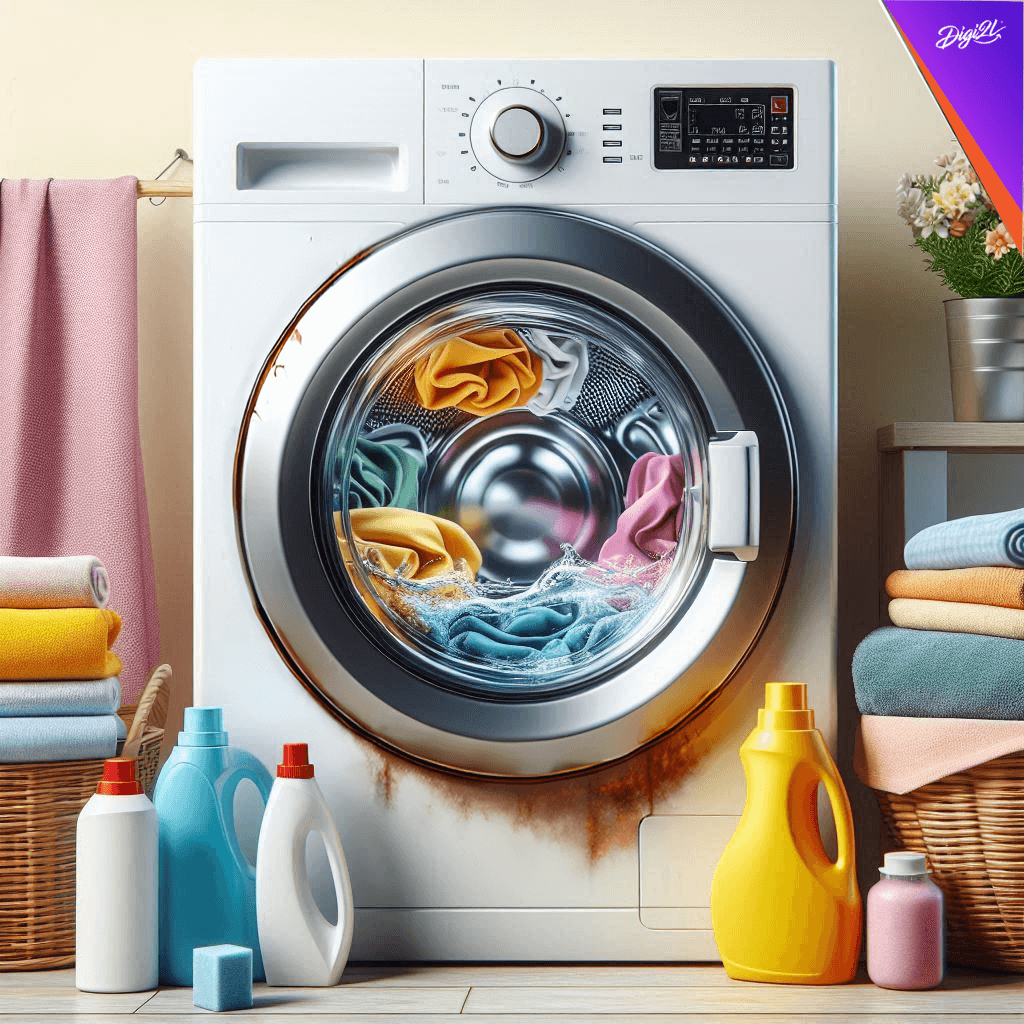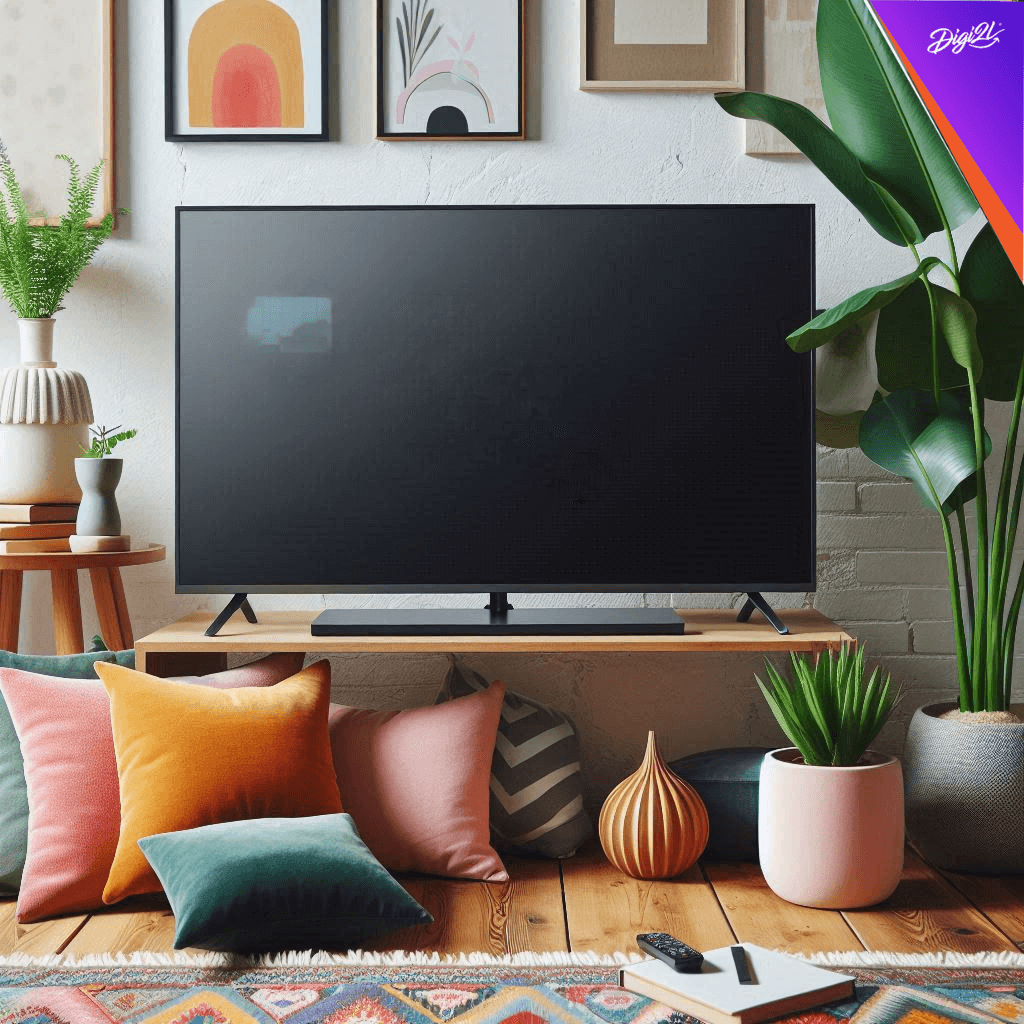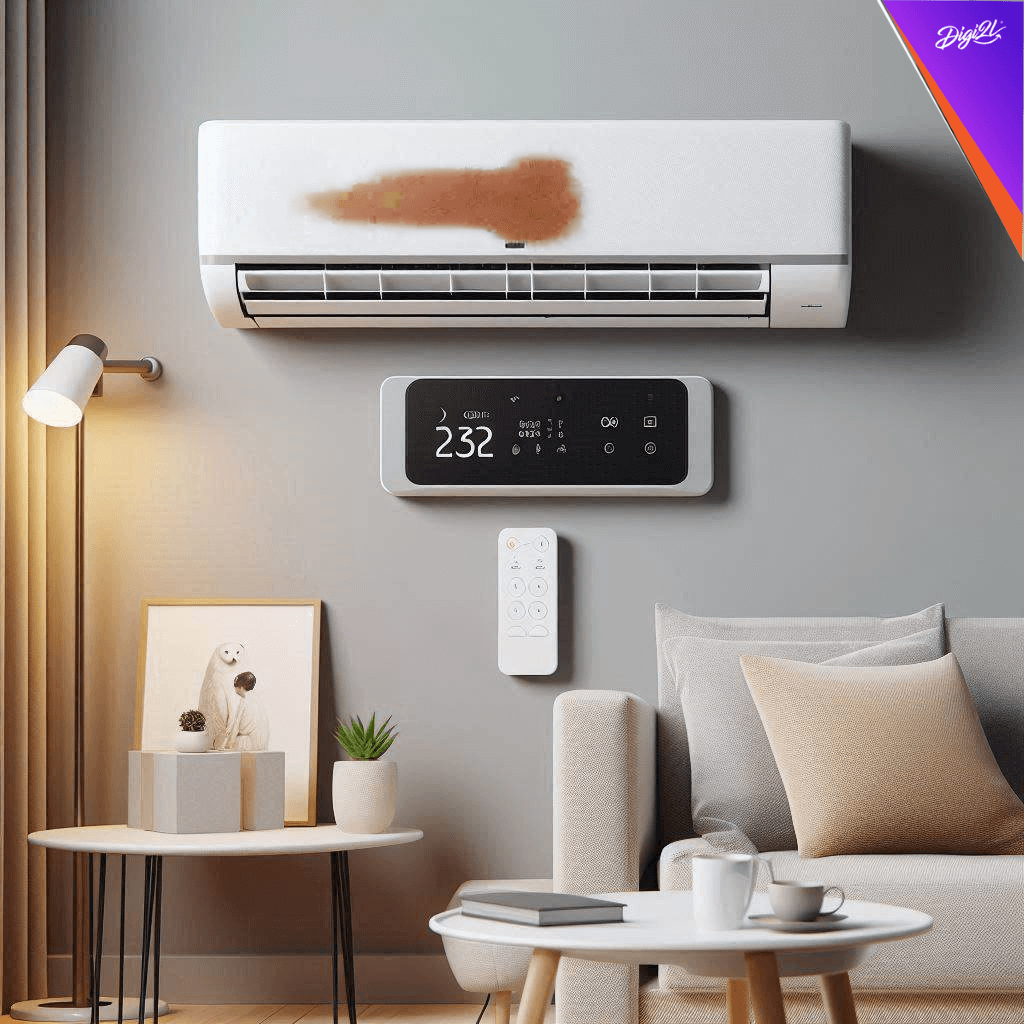
Please Wait ...


Blogs> The wisdom of purchasing energy efficient air conditioners

When being eco-friendly is the most trending concept dominating the world globally, then why sideline the concept behind during the purchase of our air conditioners? Eco-friendly air conditioners pertain to those best electrical appliances, which use minimum electricity during usage, thus saving you too from pocket-burning household electricity bills! Interesting! Right? So let’s go ahead and have a look!
When it comes to air conditioners, several factors can affect their energy efficiency and electricity consumption. Here are some types and features to consider for air conditioners that generally consume less electricity:
By considering these factors and features, you can choose an air conditioner that consumes less electricity and provides efficient cooling for your space.
Generally, certain types of air conditioners tend to consume less electricity compared to others. Here are some types and models known for their energy efficiency:
When choosing an energy-efficient air conditioner, it’s essential to consider the specific needs of your space, climate conditions, and budget. Look for models with high Energy Efficiency Ratio (EER) or Seasonal Energy Efficiency Ratio (SEER) ratings and Energy Star certification for optimal energy savings.

By Digi2L - June 8, 2024

By Digi2L - June 7, 2024

By Digi2L - June 6, 2024